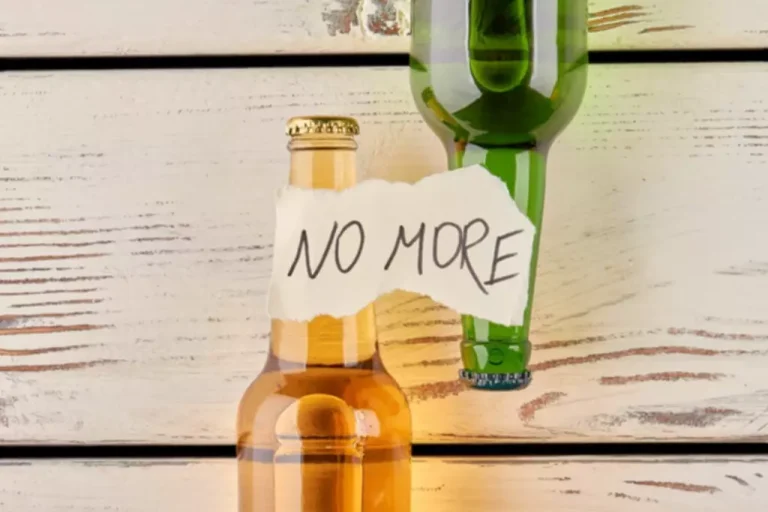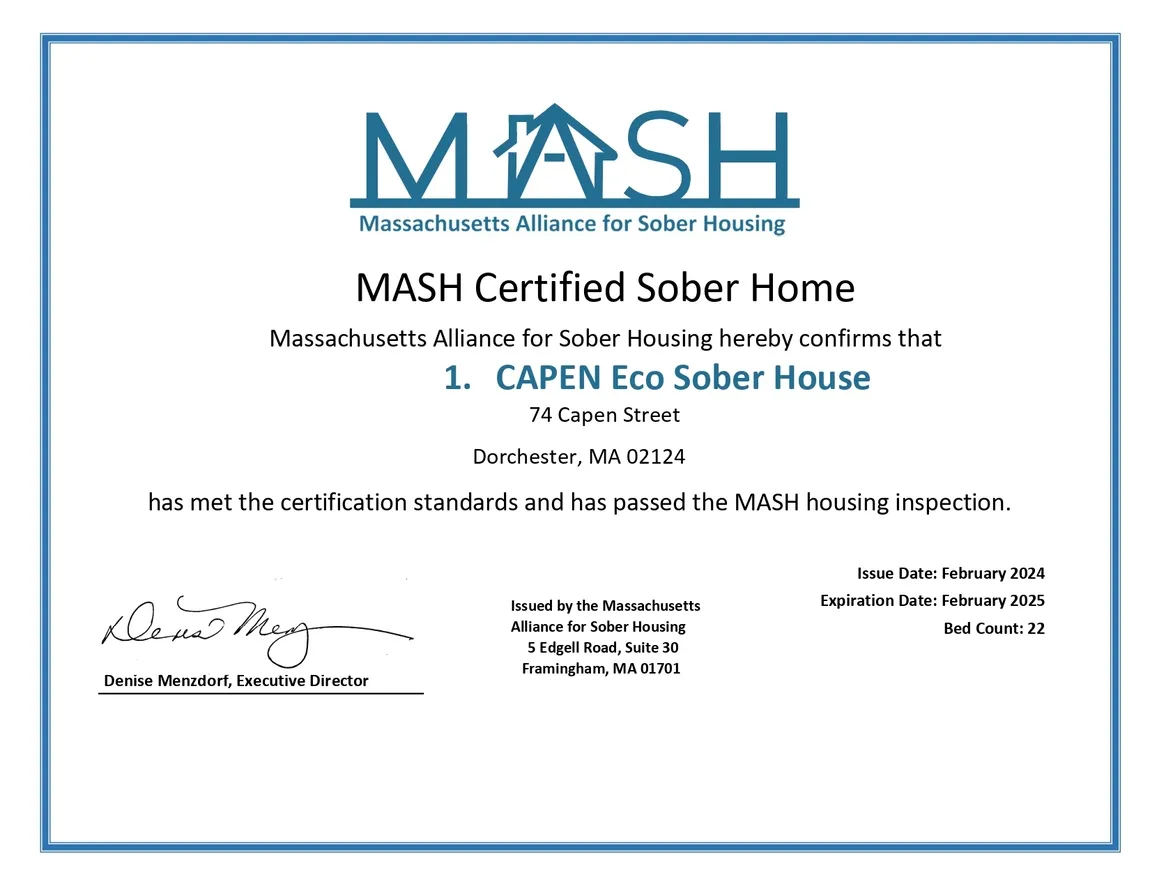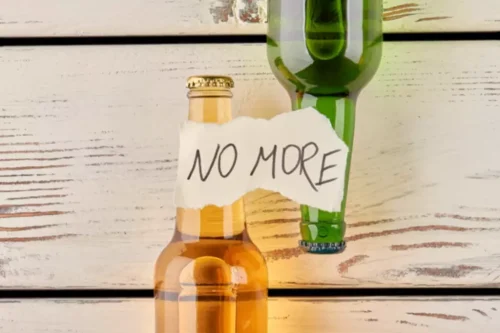
Learn about supportive housing options, the importance of community, and how Eudaimonia Recovery Homes can help you or a loved one thrive in recovery. The amends I made to her was admitting my wrongs and shortcomings due to my addiction. My living amends is being the son she deserves–someone who will do for her as she has always done for me. And it can be intimidating to be uncertain about how the other person will react. Kayla holds over 6 years of experience in the rehab space, including in-house content management at a leading treatment center. She believes addiction and mental health issues are universal human experiences that can serve as important entry points onto a path toward self-realization and well-being.
Take the Next Steps:
For the next sections, we’ll focus mainly on the first take on living amends (replacing direct amends in certain situations). While living and direct amends might come roughly the same during a recovery journey, they’re not the same. Discover when living amends are the right choice, what they involve, and how to genuinely repair relationships through ongoing actions.

Be Patient and Understanding
- When you’re ready to make amends, you can find support to guide you through the process.
- Your efforts to make amends may not always go as well as you hope.
- Before completing step nine, the recovering alcoholic needs to be ready to deliver their message with the best intentions, not motivated by false expectations.
- The act of making amends is not merely about saying sorry; it is an essential part of forgiveness, restoration, and moving forward.
- I let him decide if he wants to do laundry at midnight or wear dirty clothes.
Dr. Bob, one of our original founders could living amends not stay sober until he went around town and made amends to all those he had hurt. We have already begun making amends to ourselves by changing some of our behaviors, attitudes and beliefs. The part of the amends process whereby we change ourselves has an effect on everyone around us and goes on long after we’ve spoken directly to someone we have harmed. Completing a rehab program is an accomplishment to be proud of, but it’s only the first step on a lifelong journey toward sobriety. For sustained success, you’ll need to surround yourself with a robust support system of people who will cheer you on as you work toward your goals. Maintaining sobriety showcases a commitment not just to oneself, but also to the people being addressed.
National Prevention Week: Raising Awareness About Substance Use and Mental Health
Undoubtedly, you, too, have a list of ways in which you want to live out your living amends, and that’s great! The more personalized your lifestyle changes are, the more they’re going to resonate and stick with you. But whether you choose to make living amends or traditional direct amends, there’s no denying that the ninth step doesn’t exist in a vacuum. Suppose you knew the affected person personally, but they passed away before you could get to step nine of the program. Some recovering alcoholics would recommend making living amends as an alternative. Step nine, in particular, gets people to work through shame and discomfort as they meet people they’ve hurt face-to-face to apologize.
Director of Human Resources
- Dave told us about his family recovery and how it ultimately impacted his sobriety.
- She came home to what she described as “a completely different house”.
- As imagined, the harms produced by this chaotic lifestyle affect more than just the addict.
- Nor should we give up simply because a few of our attempts went south.
- Brie works closely with the leadership team to develop and implement effective HR strategies that support our organization’s goals and values.
Guilt and shame are the unnecessary chains that bind us to our past. By practicing these spiritual principles we can break those chains and achieve the freedom from our addiction that we have yearned for. Humility is the freedom from pride or arrogance and having the quality or state of being humble. In the Ninth Step, we will focus on the spiritual principles of humility, forgiveness and love.

Through our various sober living programs and services, our members gain the tools to reflect on their past and communicate more effectively. However, making an effort to repair relationships will benefit you and your loved ones in the long run. Often, people with substance use disorders cause harm to others, either intentionally or inadvertently. Step 9 of AA’s 12-step program directs people in recovery to take accountability for actions that may have harmed others and to make amends when possible. In Alcoholics Anonymous (AA), marijuana addiction making amends is considered a crucial component of long-term recovery.
Breaking Down Step Nine of AA Alcoholics Anonymous
To learn whether you’re a candidate for our scholarship, please contact our team today. The journey of making amends can also serve as a reflective practice, prompting individuals to examine their behaviors and the underlying issues that contributed to their addiction. Additionally, while it can be beneficial to apologize to others, self-acceptance and forgiveness are vital. Making amends should start when the individual feels ready, focusing on sincere interaction rather than rushing into it. This process can lead to personal growth and a deeper understanding of oneself.

New Start Recovery
- You will intimately discuss the reasons why you did what you did and you will fix, re-pay, or repair any physical damage that you have caused, to the best of your ability.
- After driving others away with your self-destructive behavior, making amends is one way to start repairing those connections.
- Discover how Eudaimonia Recovery Homes offers affordable, men’s sober living options with support.
As a result, we’ve developed our scholarship for those seeking a way to pay for this method of on-going treatment. Through donations and contributions from people who are also in recovery, we can encourage you to live a sober lifestyle. Even if you successfully finish an addiction treatment program, many individuals find themselves relapsing because they don’t have the skills necessary to maintain a sober lifestyle.
Claim Your Recovery

Apologies primarily focus on expressing remorse through words, whereas making amends involves a more profound commitment to translating those words into tangible actions. When planning, start with the people closest to you and create a communication strategy. Be mindful of the potential for harm when reaching out and prepare for any difficult reactions. This preparation helps manage expectations and ensures a clear and compassionate mindset in approaching the process. Making an apology simply involves telling the person you hurt you are sorry. The inflection in your voice should convey remorse and show the other person you acknowledge your behavior hurt them in some manner.
Who Is an Ideal Applicant for the Living Amends Scholarship Program?
Thus, it only makes sense that step nine is a response to step eight, which involves making a list of all the people that you have harmed and become willing to make amends to all of them. Step eight is preparation for the action of step nine, which involves putting your recovery into action. “Freedom” seems to be the word that most clearly describes the essence of Step Nine. It seems to sum up the relief from guilt and shame, the lessening of our obsession with “self”, and the increased ability to appreciate what’s really going on all around us. We may even start to think of our past as a gold mine of experiences to share with other people we’re trying to help in recovery, instead of as a period of darkness that we regret.